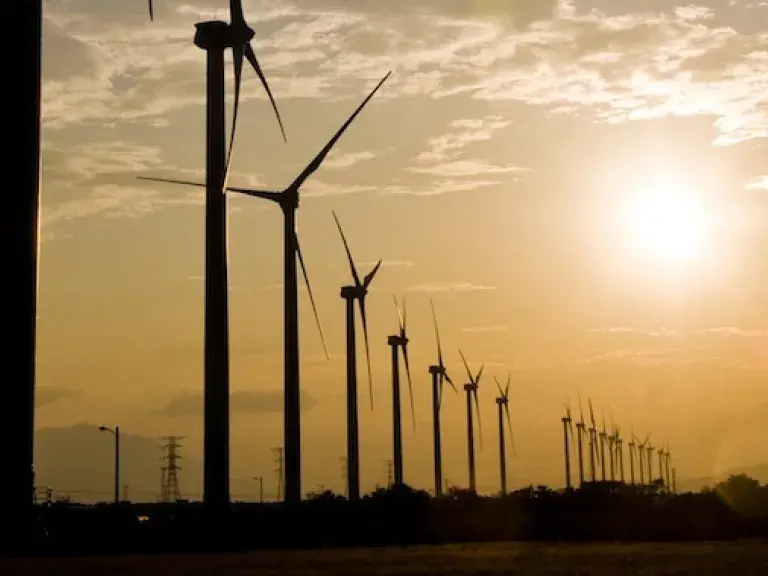
A massive wind farm project, partially funded by the Inter-American Development Bank (IDB), is under investigation by the IDB’s Panel of Investigators for negatively impacting seven indigenous communities in Oaxaca, Mexico. The Center is providing legal assistance to the communities to ensure that there is an independent investigation of the project and that their concerns are properly addressed by the IDB’s Board of Directors.
“The IDB failed to secure the project-affected indigenous communities full and effective participation in the design of the project, which has led to violations of the communities’ rights, especially their ownership rights to land and resources,” said Center Senior Attorney Leonardo Crippa.
The project area located in the Isthmus of Tehuantepec in Oaxaca, Mexico includes a wind farm, transmission lines and roads that directly impact community lands. On December 26, 2012, the Center filed a request on behalf of seven indigenous communities located in the project area with the Independent Consultation and Investigation Mechanism. The project investigation will look into the adverse impacts inflicted upon the communities and their environment and non-compliance with the IDB’s Indigenous Peoples Policy, among other operational policies. Based on its findings, the Panel will issue recommendations to the IDB’s Board of Directors for appropriate, corrective and remedial actions.
This filing also is part of the Center’s attempt to test the procedural rules that govern the IDB’s accountability mechanism to assess whether or not it effectively processes communities concerns over projects. In February 2010, the IDB’s Board of Directors approved the policy that created the Panel of Investigators and a Project Ombudsperson as the mechanism’s main organs, but also established their procedural rules. This particular policy is now under review.
The Center is deeply concerned about this policy. In early October, we filed written comments with the IDB about the policy and review process. The first stage of the process, which extended from August to October, relied heavily on electronic means and did not promote the participation of indigenous peoples and project-affected communities.
“Bank Staff sitting in Washington, D.C. should not expect to receive electronic inputs from indigenous peoples living in the Amazon or the Andean region—almost all them lack internet access and do not own computers,” stated Center’s Washington Office Director Armstrong Wiggins.
The Center is particularly concerned about the “judicial clause” which essentially allows the IDB’s accountability mechanism to reject requests from indigenous communities because of pending judicial or arbitral processes at the national and international level. This undermines indigenous communities access to fair and just review of their complaints.
“The Bank has failed to consider the participation of indigenous peoples in the first stage of the review—no information about indigenous participation whatsoever exists in the website dedicated to this process,” said Crippa.
The Center encourages the IDB to take proactive actions aimed at seeking indigenous peoples’ views throughout this policy. Indigenous communities are the ones that will ultimately resort to this mechanism, which should be able to voice their concerns over IDB-funded projects.
